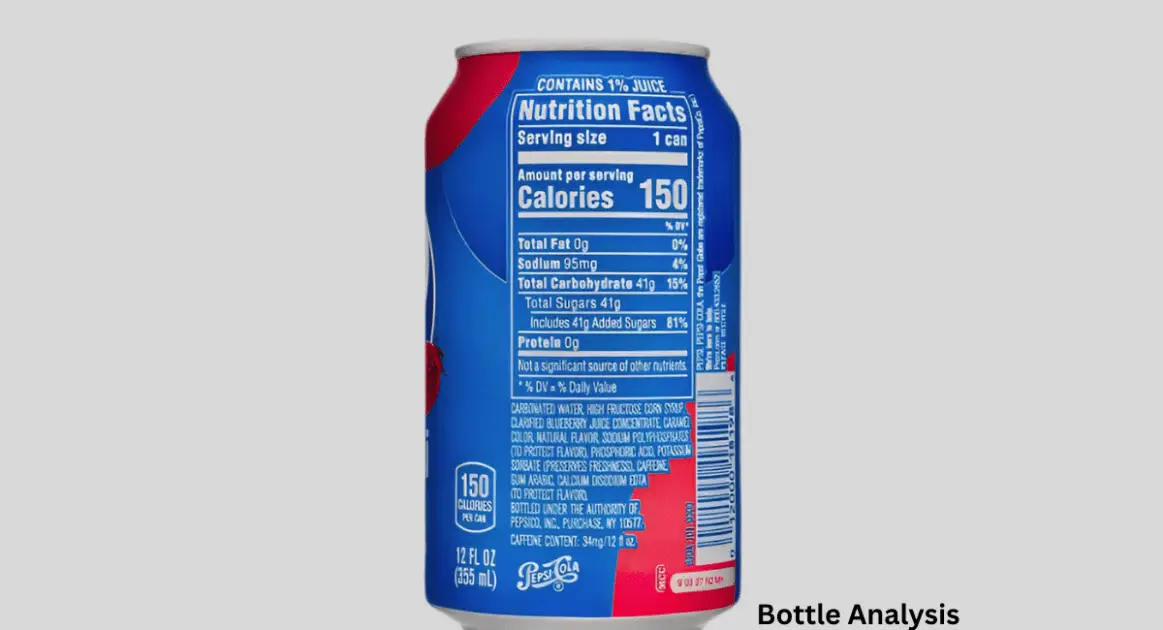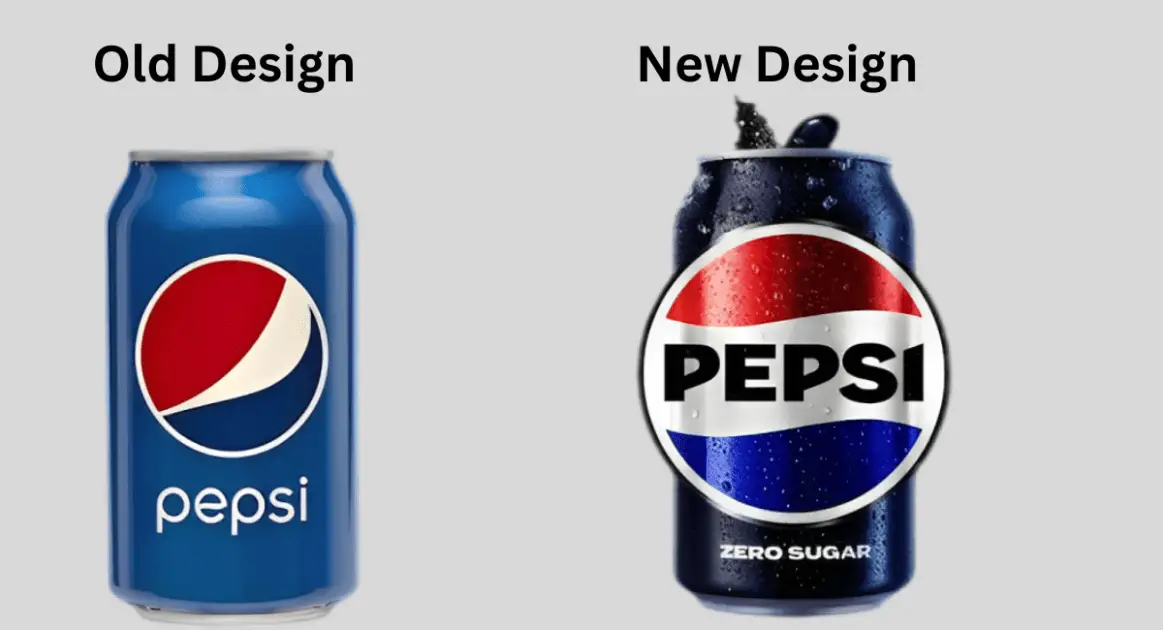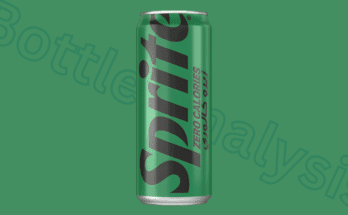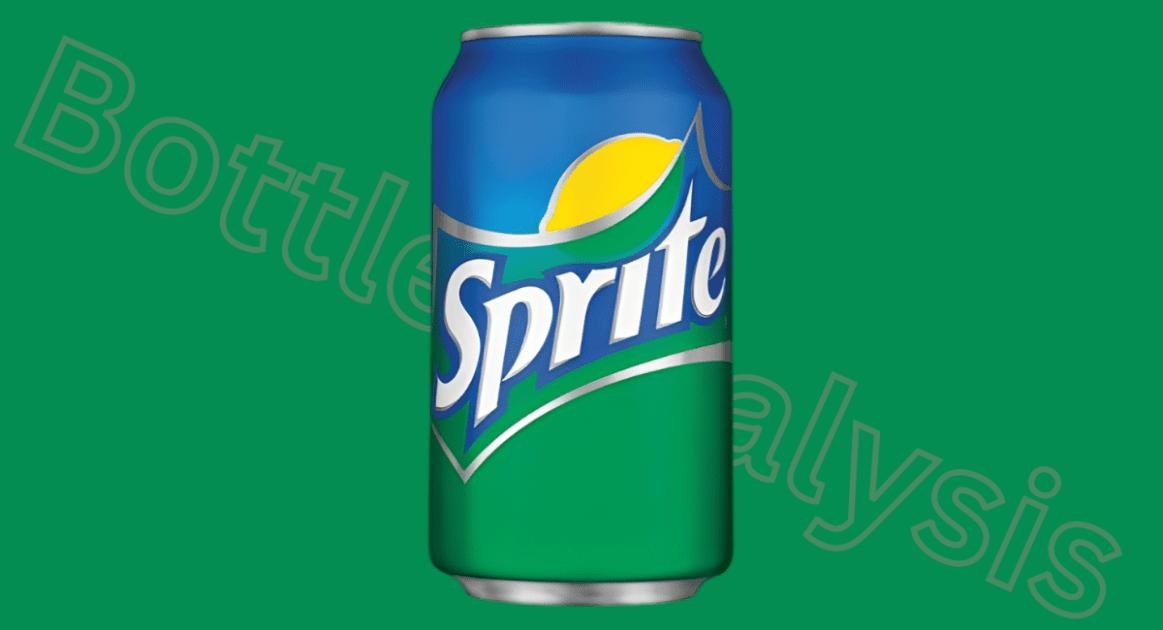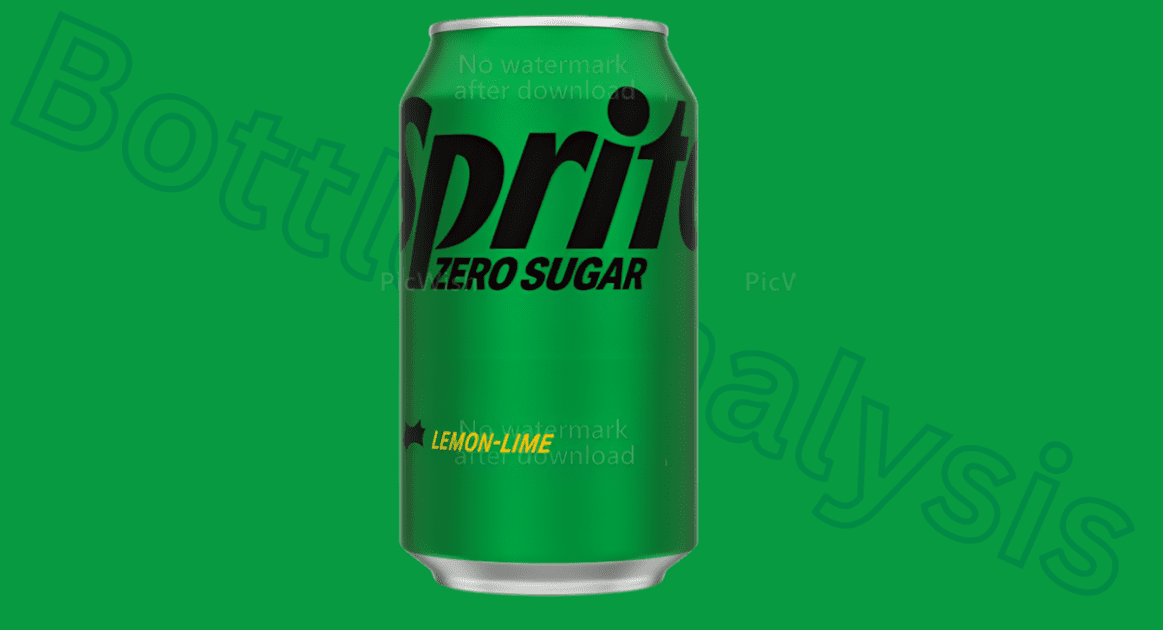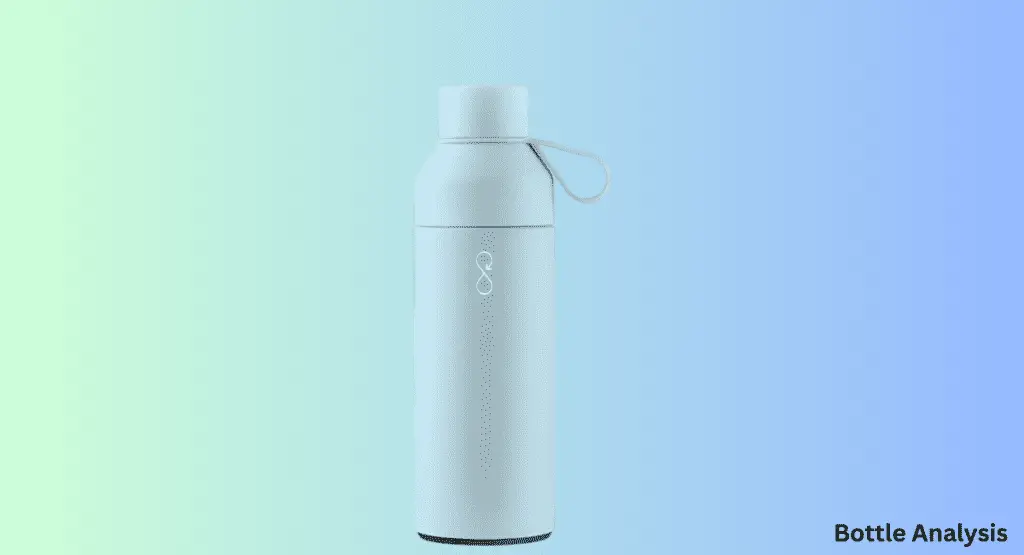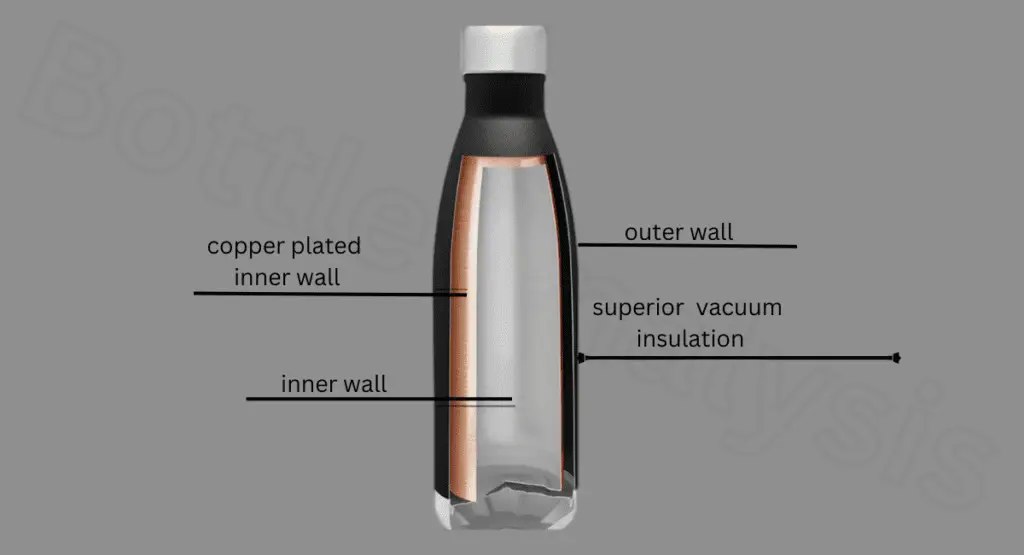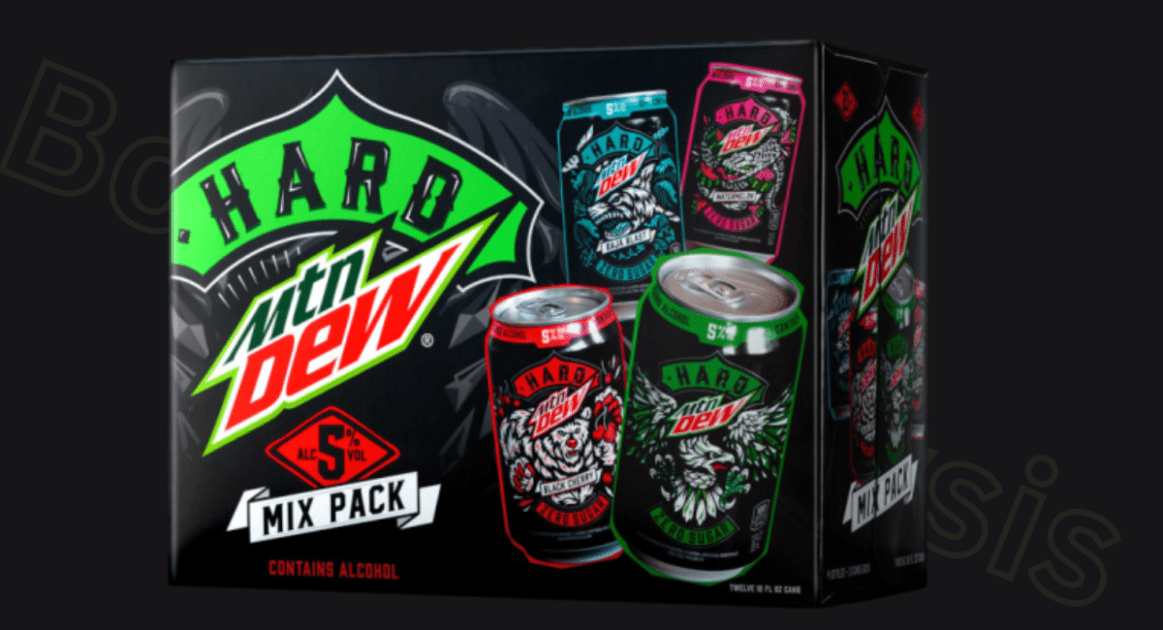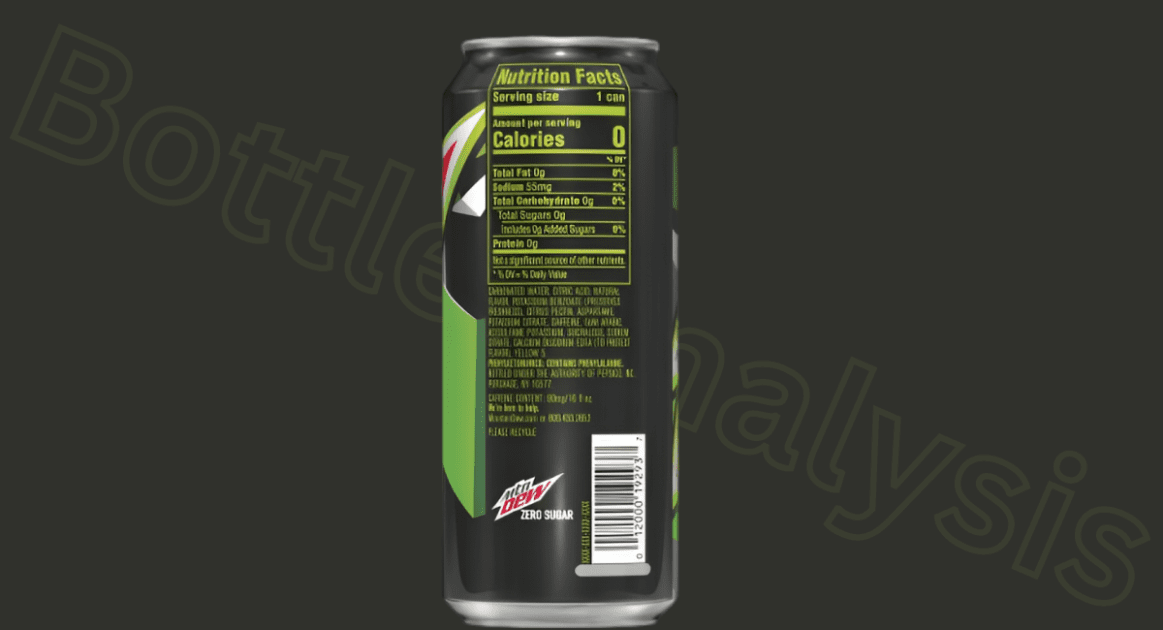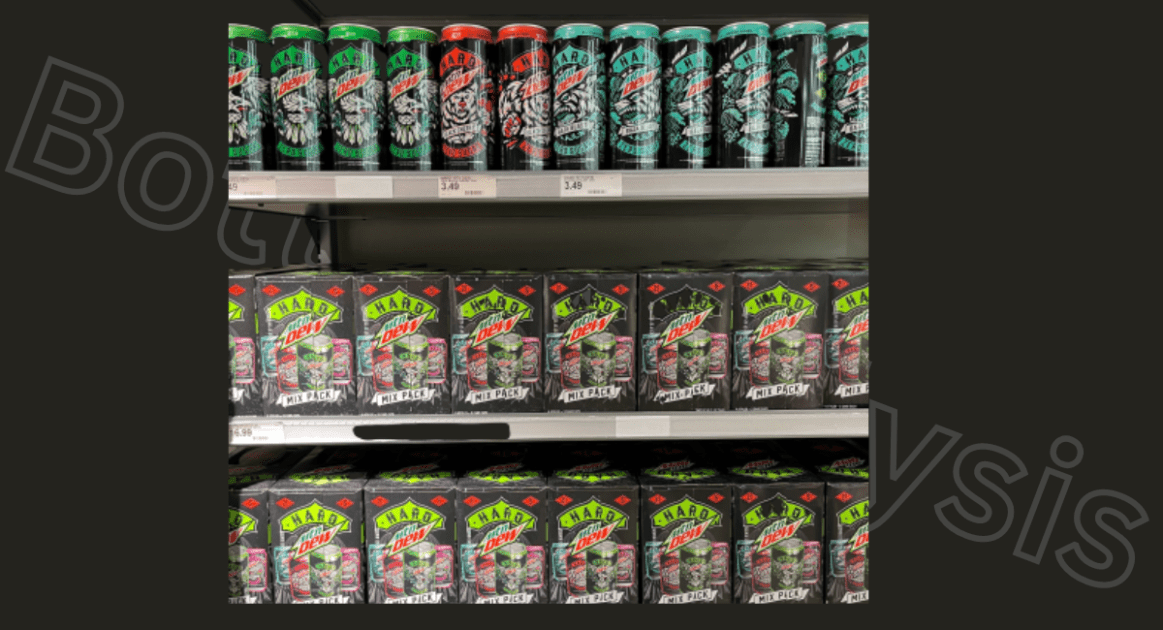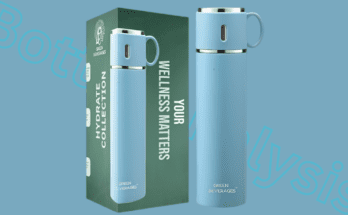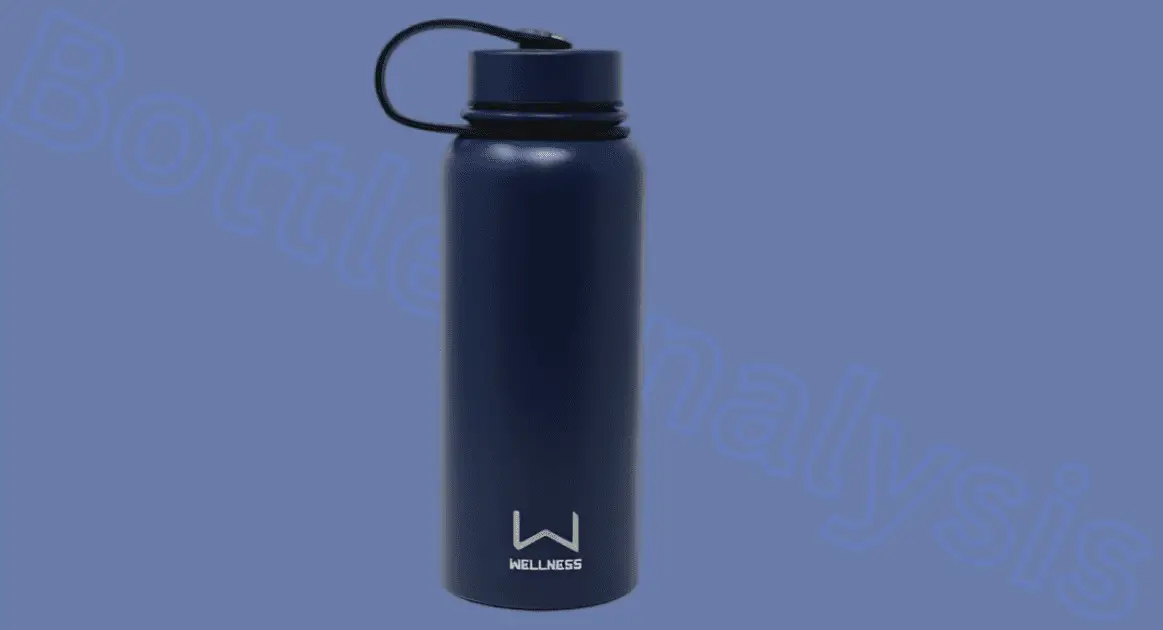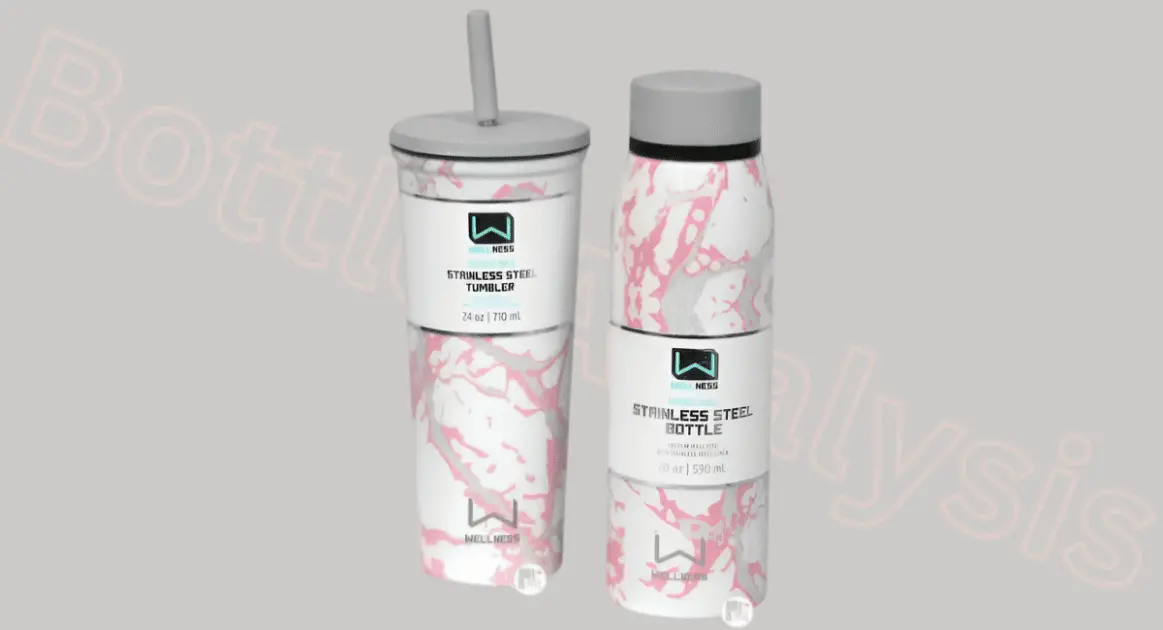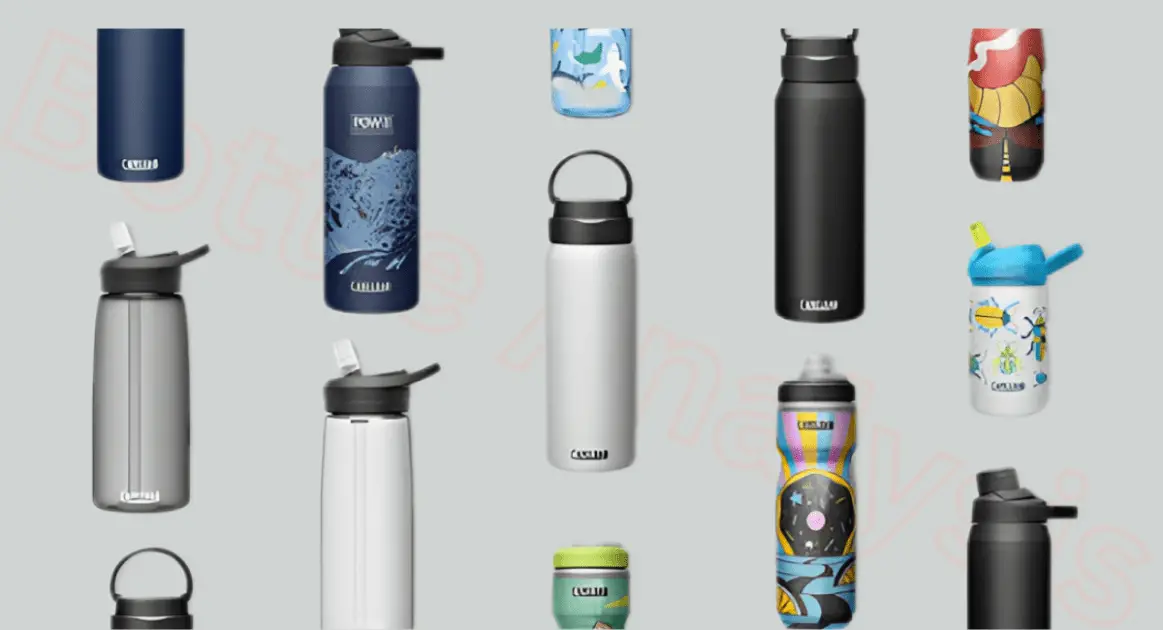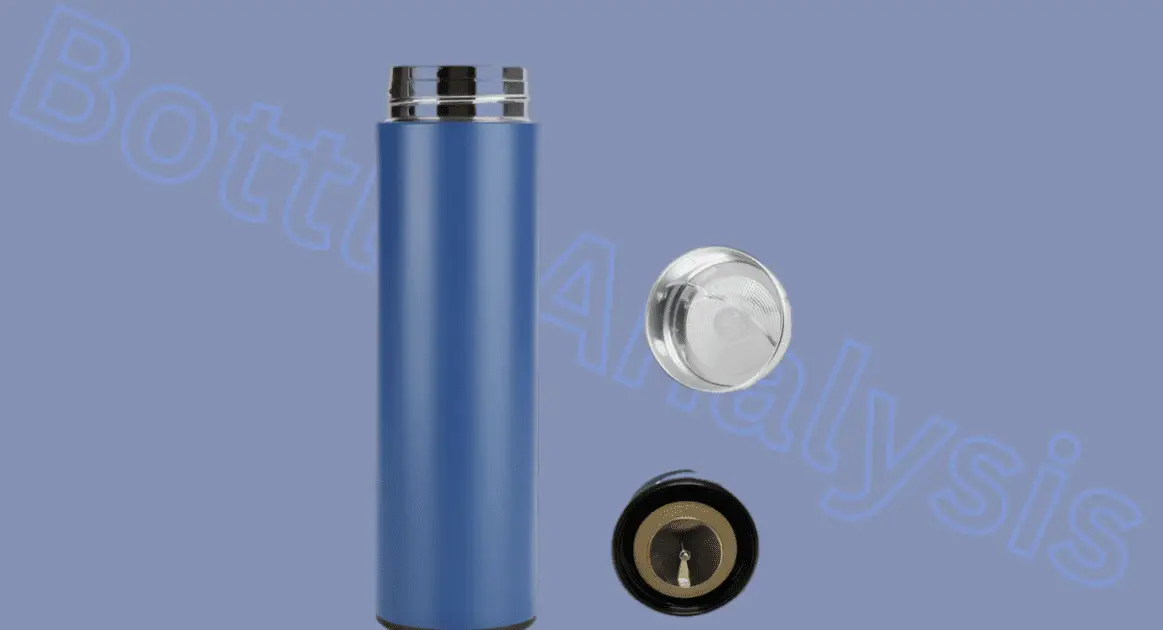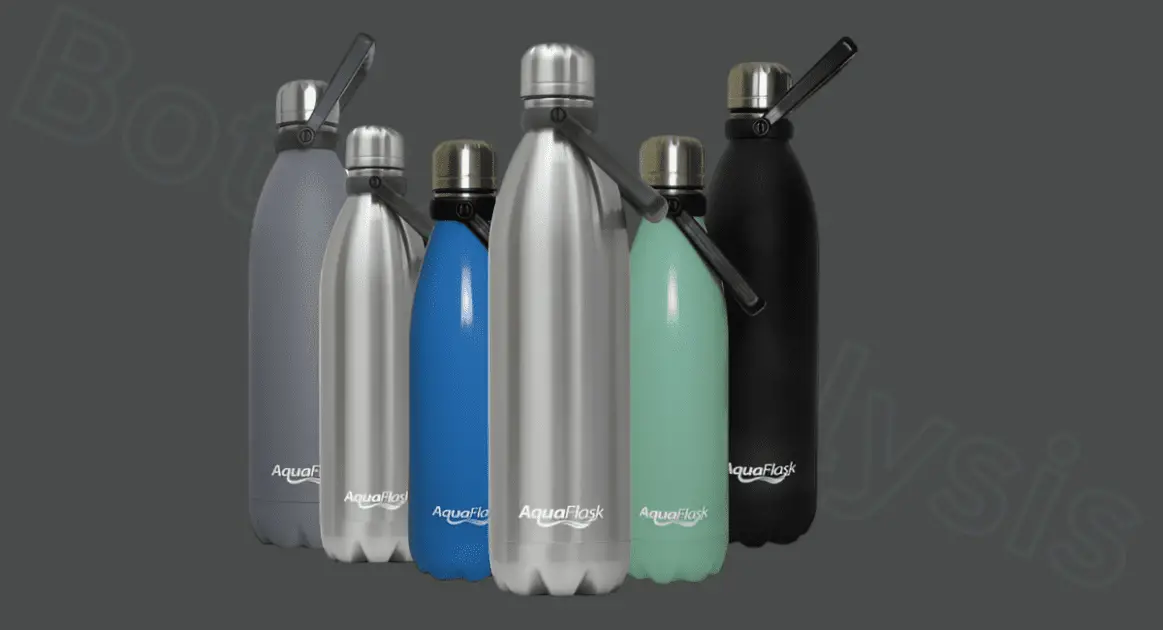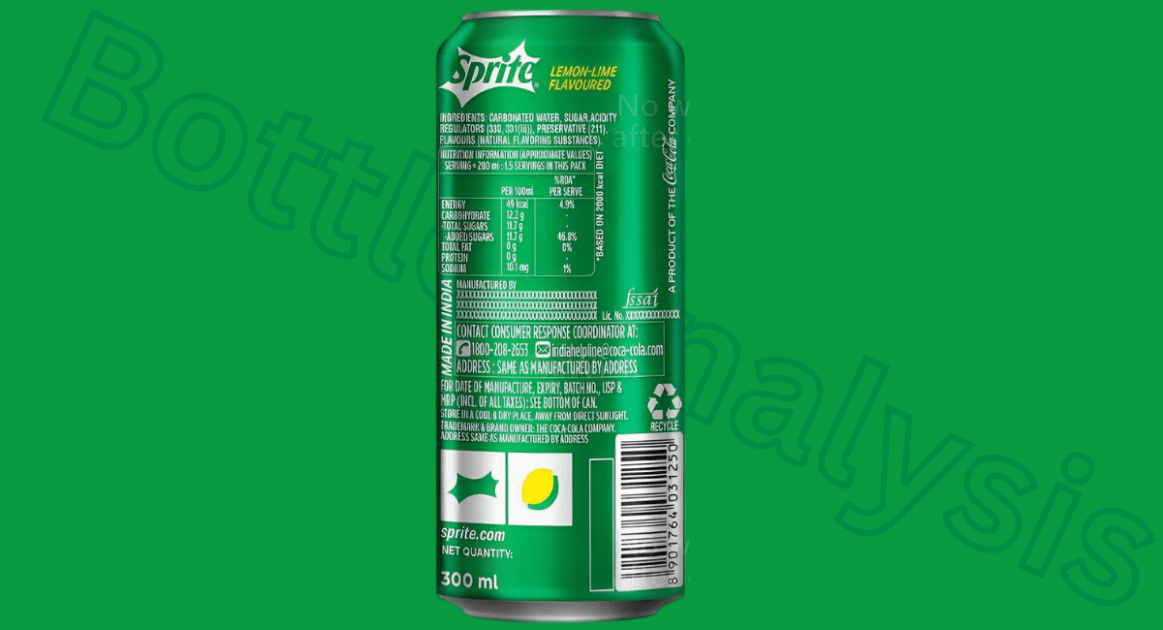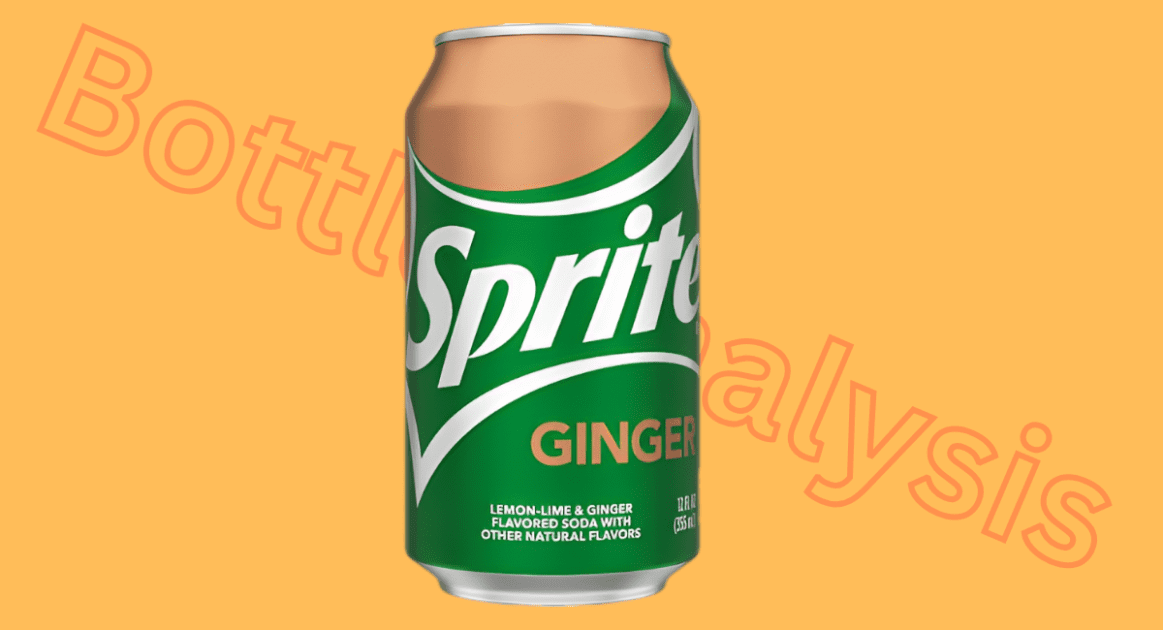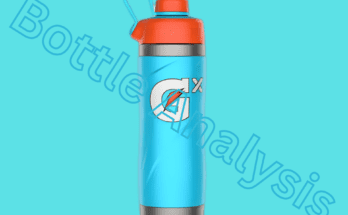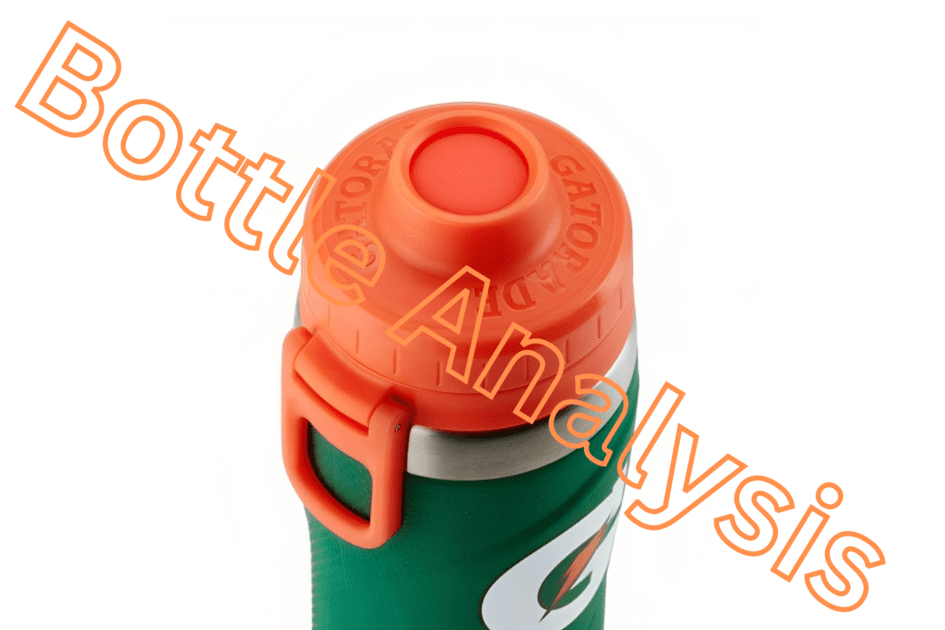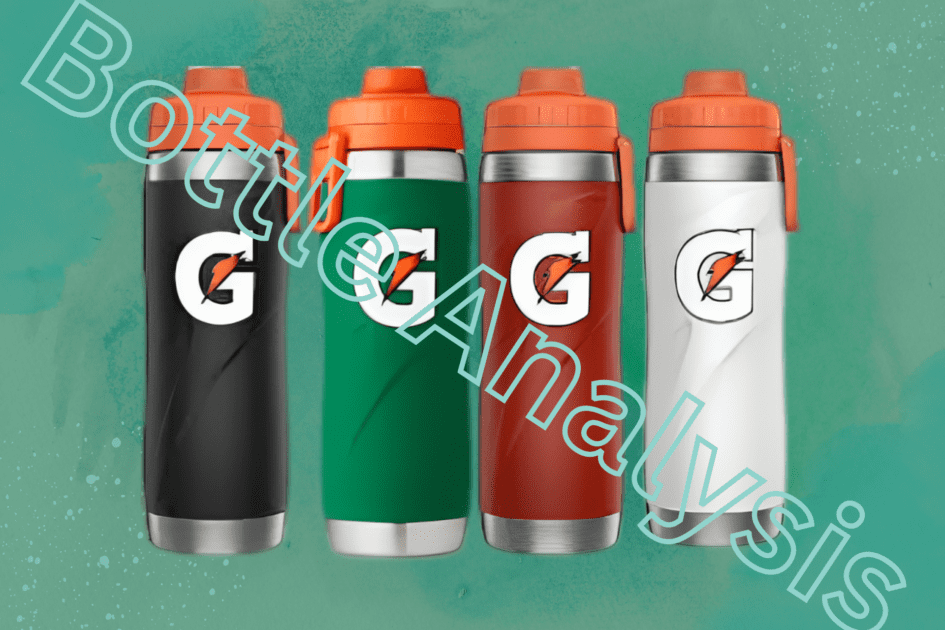
Is it okay to put lemon water in a stainless steel water bottle?
Introduction
If you wanna know Is It OK to Put Lemon water in a Stainless Steel Water Bottle? Then you are at right place. The big answer is yes, It is generally safe to put lemonade in stainless steel water bottles. However, there are some considerations and best practices to keep in mind to ensure a safe and enjoyable experience.
High-quality stainless steel:
- Choose high-quality steel bottles, preferably rated 18/8 or 316. These designations designate a specific material that is highly corrosion-resistant, reducing the chances of metal moving the lemonade in it.
Avoid prolonged exposure.
- While stainless steel is generally resistant to corrosion, prolonged exposure to acidic liquids such as lemonade can leach traces of iron, nickel, and other metals into the drink. Try to minimize any risk by not letting lemonade sit in stainless steel bottle for too long.
Wash Regularly:
- Maintain your stainless steel water bottle with regular cleaning.
- Clean thoroughly with a mild detergent and warm water, and consider using a bottle brush to get to hard-to-clean areas. This process helps prevent residue buildup and maintains the integrity of the stainless steel.
Composition of Lemon Water
- Ah, the crisp and invigorating sip of lemon water – it no longer only tantalizes the taste buds but additionally boasts a myriad of health advantages.
Chemical Components in Lemon
- When I squeeze that lemon wedge into my water, I’m now not just adding taste; I’m infusing it with a cocktail of natural compounds.
- Lemons are bursting with vitamin C, a powerful antioxidant that supports the immune system. The citric acid in lemons offers a zesty tang while contributing to the fruit’s alkalizing effect on the body.
- Additionally, lemon peels harbor important oils like limonene, acknowledged for its anti-inflammatory properties
Acidity Levels and Potential Reactivity with Metals
- Lemons are acidic, way to citric acid. But don’t permit that to scare you away; this acidity is what offers lemon water its clean bite.
- When I sip on my lemon-infused water, I’m no longer simply quenching my thirst; I’m also taking part in a beverage with a pH that hovers around 2-3.
- This moderate acidity is normally safe for our our bodies and may even aid digestion.
However, a phrase of caution when it comes to metals.
Overview of stainless steel materials
- When I hold stainless steel dishes or look at greasy dishes in my kitchen, I see a mixture of elements like iron, chromium, nickel, etc.
- The magic is based on the harmony of these elements, making it strong and permanent.
Corrosion-resistant stainless steel
- Let’s talk about the superhero quality of stainless steel—its corrosion resistance. It is like a shield against the relentless attacks of rust and decay. How does it work? Well, it’s all because of the chromium stuff.
- Chromium forms a protective oxide layer on the stainless steel surface, acting as a barrier to environmental corrosion. It is this invisible shield that tests time with stainless steel pots, appliances, and even structures.
- No more worrying about your favorite knife losing its edge or your sink falling under the constant attack of water; stainless steel covers it.
- As a consumer, this means you can confidently incorporate stainless steel into your daily life, whether it’s cookware, cabinets, or luxury home furnishings. It’s not a matter of durability; it’s about maintaining that stylish and elegant look that adds a little sophistication to your look.
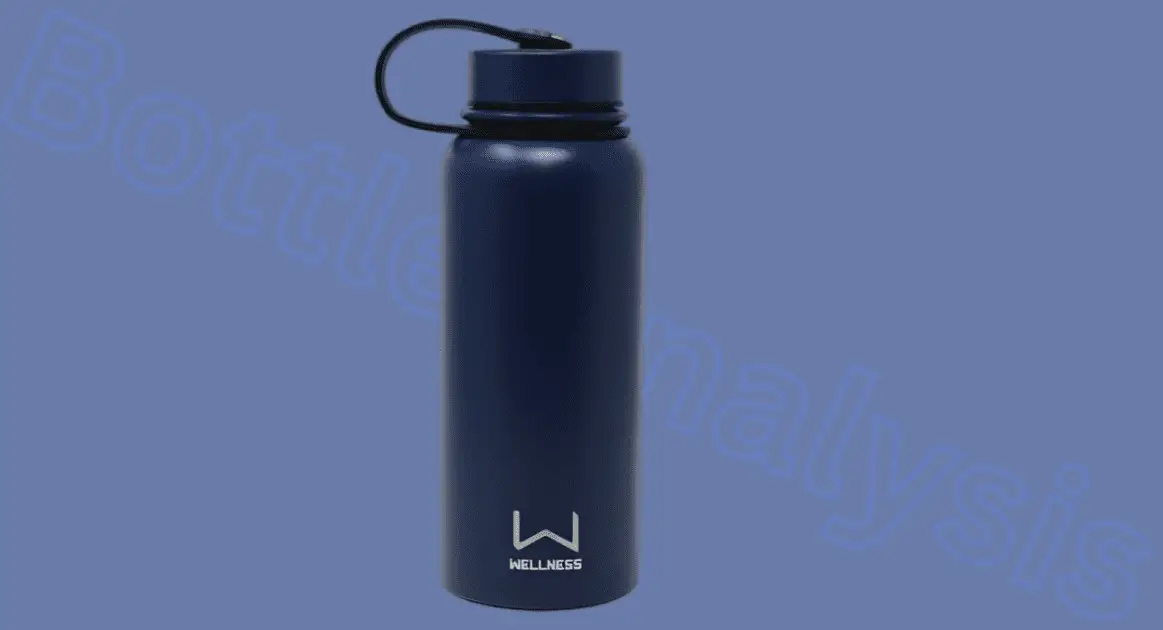
The ever shining stainless steel
- Every time I marvel at the shine of my stainless steel sink or run my fingers over a well-made kitchen appliance, I’m reminded that the thing has a lasting appeal, and it doesn’t only mean that it withstands the elements; it does so by looking effortlessly beautiful.
Potential Interaction between Lemon and Stainless Steel
Analysis of chemical reactions to know Is it okay to put lemon water in a stainless steel water bottle?
- When I pour lemonade into my stainless steel , a chain of chemicals begins. Lemons contain citric acid, which can bind to metals in stainless steel.
- The acidity of the lemon juice can catalyze the reaction, causing small amounts of metal ions especially iron and nickel, to come out of the stainless steel
Identification of harmful substances
- Now, let’s tackle the big question: Could this chemical dance do any harm? The good news is that, for most of us, the amount of metal ions released during this interaction is generally small and well within safe limits.
- Our bodies are able to handle these particles without harm. So, we can say it Is ok to put lemon water in stainless steel water bottle.
- However, those with allergies or allergies to metals are wise to take precautions. For example, prolonged exposure to high levels of nickel can cause reactions in individuals who are sensitive to this metal.
- So, if you know it’s sensitive, you may want to choose glass or ceramic containers for your lemon blend.

Tips for navigating lemon-stainless steel chemistry
- As a consumer navigating this chemical reaction, there are a few tips to keep in mind. If you like your stainless steel but want to play it safe, consider using a high-quality low-nickel stainless steel.
- In addition, avoid leaving acidic liquids like lemonade in your stainless steel utensils for long periods of time. Trying anything that isn’t new.
Existing Research and Studies
A review of the scientific research on lemonade and stainless steel
- Let’s start the quest for scientific insight by examining the complex relationship between lemonade and stainless steel.
- As I dig deeper into the research, it’s interesting to see what the scientific community has to say about this common but intriguing combination.
- Several studies have examined in detail the interactions between acidic beverages, such as lemonade, and stainless steel containers.
- These studies typically consider the fluxes of metals such as iron and nickel. Acceptable things? Yes, extracts can be measured, but the amounts are generally considered safe to consume.
- Research shows that factors such as contact length and quality of stainless steel play a role. High-quality stainless steel typically releases trace amounts of iron with low nickel content. So, if you’re a fan of this dynamic duo, investing in quality stainless steel can be wise.
Assessment of health risks associated with combinations
- Now, the big question is whether there are any hidden health risks in the lemon-stainless steel alloy? The good news is that previous research hasn’t quite figured out the serious health risks to the average person. Generally, the amount of free iron is within set safety limits.
- it is important to evaluate individuals with known sensitivities or allergies to metals such as nickel.
- Some studies suggest that long-term exposure to high levels of nickel, for example, can be dangerous for sensitive If you fall into this category, consider alternative ceramics, such as glass or ceramic, for your citrus sauce.

Navigating the lemon-stainless steel landscape
- Enjoy your lemonade in stainless steel vessels, but be mindful of the length of addition and the quality of your stainless steel products.
- If you have specific health concerns or feelings, a consultation with a health professional can provide you with the guidance that is right for you.
Best Practices for Using Lemon Water in Stainless Steel Bottles
Guidelines for best use
- If you’re like me and love the citrusy kick of your stainless steel bottled lemonade, let’s go to safe places together.
Here are some golden tips to ensure you drink with confidence.
Keep the time in mind:
- While stainless steel is generally safe for lemonade, it’s wise not to let it sit for long periods of time.
- It reduces the length of time it takes to soak in acid and lemon, and aim to enjoy your refreshing concoction soon after preparing it.
Quality Stainless Steel:
- Investing in quality stainless steel bottles can make all the difference. Look for bottles with nuclei, as this can reduce the chance of metal leakage.
- Good manners are important, not only for your longevity but also for your peace of mind.
A regular cleaning ritual:
- Keep your stainless steel bottle in top condition by adopting a regular cleaning schedule. Rinse thoroughly with a mild detergent and warm water, and consider using a bottle brush to get all those nooks and crannies.
- This process not only promotes cleanliness but also reduces long-term interactions between lemon residue and metal.
Types of stainless steel recommended for exposure to acidic materials
Now, let’s talk about the specific stainless steel. Not all stainless steel is created equal, and when it comes to handling acidic items like lemonade, some types are better suited to the task.
Choose 18/8 or 316 stainless steel:
- These designations refer to the finish of the stainless steel. Bottles marked 18/8 or 316 are known for their corrosion resistance, making them ideal for filling acidic liquids.
- They have a high percentage of chromium, which provides strong corrosion protection.

Watch out for nickel content:
While nickel is present in many stainless steel alloys, it can be irritating to those with sensitive skin. If you’re prone to nickel allergies, choose stainless steel bottles with low nickel content to reduce your risk of any side effects.
Check the manufacturer’s details:
Before you buy something, take a moment to check the manufacturer’s details. Reputable brands often provide detailed information on stainless steel products, helping you make the right choice.
Alternatives and Considerations
Other constituents of a suitable container for acidic beverages
- If you’re looking beyond stainless steel for your zesty elixir, fear not – there’s a world of options waiting for your lemonade to take care of. Let’s explore some surprising recipes that pair perfectly with soft drinks:
Beautiful glass:
- Glass is a timeless accessory for those who appreciate cleanliness and clarity. Not only does it give you a vibrant lemonade color, but it also won’t work with acidic ingredients.
- Glass dishes are easy to clean, ensuring that your lemonade isn’t contaminated with unwanted flavors.
Ceramic Charm:
- For a hands-on touch, ceramic pottery is a gorgeous choice. They are not inert, which means they don’t interfere with the taste of your lemonade.
- Plus, the various sizes and designs allow you to drink water in style while keeping things non-toxic.
BPA-free plastic:
- For those on the decline, BPA-free plastic containers offer a lightweight and sustainable alternative.
- Look for plastic that is labeled as food and free of harmful chemicals. These containers are generally perfect for travel and outdoor activities without compromising safety.
Things to consider when choosing a lemonade-based product
Ingredient issues:
- Consider ingredient compatibility with acidic beverages. While stainless steel, glass and ceramic are generally safe, be aware of materials that may leach harmful substances when in contact with lemonade
Durability and longevity:
- Check the durability of the product, especially if you are a daily lemonade lover. High-quality stainless steel, glass, and plastic are known for their durability, ensuring that your chosen vessel can stand the test of time.
Portability and Convenience:
- Consider your lifestyle. If you are constantly on the go, a lightweight, non-breakable option like BPA-free plastic may be the best option. On the other hand, if you like lemonade at home, the fine glass or ceramic can be a good fit.
Easy to clean:
- Cleanliness is important, right? Choose dishes that are easy to clean, with fewer pots and pans where debris can hide. Not only does this give you an extra taste, but it also simplifies your cleaning process.
Personal feelings:
- If you know how you feel about certain things, factor this into your decision-making process. For example, individuals who are allergic to nickel may resort to nickel-free stainless steel or explore other materials.
In the world of lemon water containers, variety is the spice of hydration. So, here’s to exploring and sipping in a way that suits your taste and lifestyle!
Conclusion
Guidelines for your perfect choice
- Considerations of harmony, durability, portability, ease of cleaning, and personal sensitivity reflected a holistic approach Each design contributes to our choice of music, and it is a personalized experience to suit our tastes and lifestyles.
Raising toast to hydration freedom
- So, here is the joy of agency, the joy of exploration, and the satisfaction of finding a product that not only adds to but also enhances our lemon grace.
- Make every drink a celebration of healthy choices. cheers!
1. Is it safe to put lemon water in a stainless steel water bottle?
Absolutely! Stainless steel is generally safe for containing lemon water. However, there are a few considerations to ensure a positive experience.
Will lemon water cause my stainless steel bottle to corrode?
Stainless steel is known for its corrosion resistance. While lemon’s acidity could theoretically trigger a reaction, quality stainless steel bottles are designed to withstand this and resist corrosion.
Can the acidity of lemon water affect the taste of my stainless steel bottle?
In most cases, the impact on taste is minimal. Quality stainless steel, when properly cleaned, should not absorb or transfer flavors, allowing you to enjoy the pure taste of your lemon water.
How can I choose a stainless steel bottle that’s safe for lemon water?
Look for bottles labeled as 18/8 or 316 stainless steel, indicating higher corrosion resistance. This ensures a safer interaction with acidic liquids like lemon water.
Are there health risks associated with putting lemon water in a stainless steel bottle?
For the majority of people, no. However, individuals with known sensitivities to metals like nickel may want to be cautious. Choosing stainless steel bottles with lower nickel content can be a safer option.
Can I leave lemon water in my stainless steel bottle for an extended period?
While it’s generally safe for short durations, avoiding prolonged contact is advisable to minimize the potential release of trace metals. Enjoy your lemon water relatively soon after preparation.
Are there alternative materials to stainless steel for lemon water?
Certainly! BPA-free plastics and glass are excellent alternatives. They are safe for acidic beverages and eliminate concerns about metal leaching.
How should I clean my stainless steel bottle after using lemon water?
Clean your stainless steel bottle thoroughly with mild detergent and warm water. A bottle brush can help reach all areas, preventing the buildup of residues and maintaining the integrity of the stainless steel.
Can I use any stainless steel bottle for lemon water, or are there specific types recommended?
It’s recommended to use bottles labeled as 18/8 or 316 stainless steel for better corrosion resistance. This ensures a safer and more enjoyable experience with lemon water.
Are there any signs I should look for to know if my stainless steel bottle is not suitable for lemon water?
If you notice an unusual taste, discoloration, or any signs of corrosion, it may be an indication that the stainless steel bottle is not suitable for acidic beverages. In such cases, consider choosing a higher-quality bottle.










